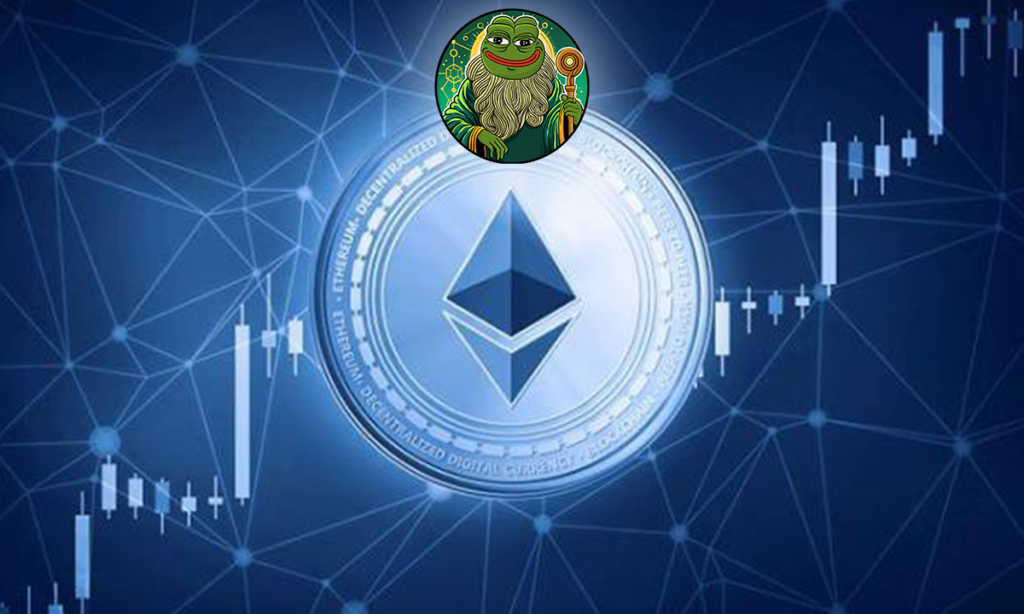Vitalik Buterin’s net worth has surged from $552.86 million in 2024 to $834.66 million, mostly driven by his significant Ethereum holdings. Nevertheless, his Ethereum holdings have never exceeded 0.9% of the overall supply, reaching a peak of 0.91% in 2015. Nevertheless, Buterin still has the highest amount of ETH as an individual.
Buterin, who was born in 2011, played a key role in the co-founding of Bitcoin Magazine. In 2013, he put up the concept of Ethereum with the aim of developing a blockchain that offers greater versatility. Upon the debut of Ethereum in 2015, Buterin acquired a significant share of its initial supply, which served as the basis for his fortune.
The individual’s confirmed Ethereum holdings, totaling around 245,279 tokens, have a substantial influence on his overall wealth, which varies in accordance with the market value of Ethereum. During the height of the 2021 bull market, Buterin’s wealth exceeded $2 billion. His net worth was lowered by around 75% due to market decreases by the end of 2022.
In 2018, Buterin confirmed that he never possessed more than 0.9% of the total supply of ETH. Nevertheless, his documented ETH holdings have never surpassed this percentage to a substantial extent, reaching a peak of 0.91% in 2015. Subsequently, Buterin’s Ethereum (ETH) holdings have consistently fallen on an annual basis, however he continues to own the greatest amount of ETH among individual investors.
Additionally, Buterin possesses other virtual assets, namely 869,509 KNCL tokens from Kyber Network, 845,205 STRK tokens from StarkNet, and 248.42 Wrapped Ether (WETH) tokens with an approximate value of $436,920.
The report by Arkham Intelligence regarding Buterin’s net worth has elicited varied responses throughout the crypto community. Some individuals contend that Buterin’s emphasis lies more on his work and advancements in blockchain technology rather than his financial standing.
Yesterday, Buterin has expressed disapproval of the regulation strategy employed by the US government regarding crypto. He thinks that categorizing utility tokens as securities hampers innovation and prevents the development of important cryptocurrency initiatives.



